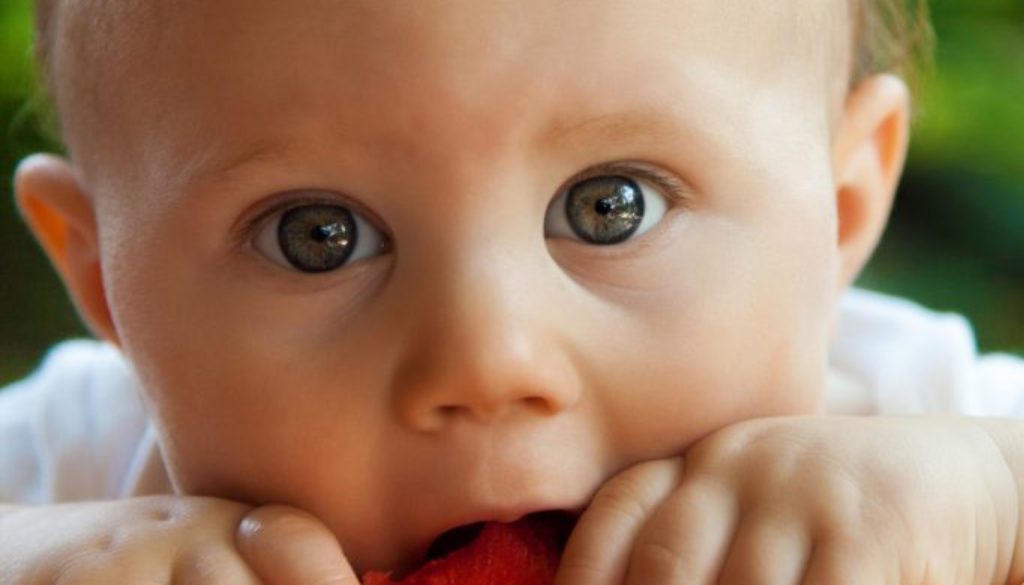EPA Still Doesn’t Want to Ban Pesticide That Harms Kids
By Natural Resources Defense Council
In an ongoing legal battle initiated by NRDC that includes a coalition of labor and health groups represented by Earthjustice, the U.S. Environmental Protection Agency said—yet again—that it will not ban chlorpyrifos, a pesticide that is commonly sprayed on various U.S. food crops, including apples, oranges, and berries.
“Scientists have repeatedly made it clear that chlorpyrifos is linked to long-term harm to kids’ brains, but the Trump administration just keeps thumbing its nose at the science,” says Erik Olson, senior director of Health and Food at NRDC, referring to the numerous studies—including some from the EPA’s own scientists—that have tied the toxic chemical to learning disabilities, lower IQ, developmental delays, and ADHD in children.
This case against the EPA has now stretched on for more than a decade. In 2007, NRDC and the Pesticide Action Network petitioned the agency for a ban, and in 2016, the Obama administration was finally on track to get the chemical out of the food supply. But soon after taking office, the Trump administration reversed course. In August 2018, the 9th Circuit Court of Appeals ruled that the EPA must finalize its ban of chlorpyrifos because of the risk it poses to kids—but the agency refused. Then earlier this year, in March, the court ordered the EPA to formally respond to the health, environment, and labor groups objecting to the agency’s continued refusal.
And still the EPA has declared that it will not ban the toxic chemical. Instead, the agency said it will continue to review the safety of chlorpyrifos for another three years.
“Our leaders have a responsibility to protect our most vulnerable residents—our kids—but this administration chooses instead to protect its deep-pocketed allies in the chemical industry,” Olson says. The relationship between President Trump and Dow Chemical, the nation’s largest producer of chlorpyrifos, has been called into question. Among other things, the chemical manufacturing giant reportedly donated $1 millionfor Trump’s inauguration, and its CEO previously played a chief advisory role to the president, heading up his now defunct American Manufacturing Council.
“Until EPA gets this stuff out of our fields and off our food,” Olson says, “this fight is not over.”
With the lack of federal action, states have been stepping up. Hawaii became the first state to ban the chemical last summer, and after reaffirming the pesticide’s health impacts, California has committed to ban. And this spring the New York state legislature passed a ban that awaits the governor’s signature.

